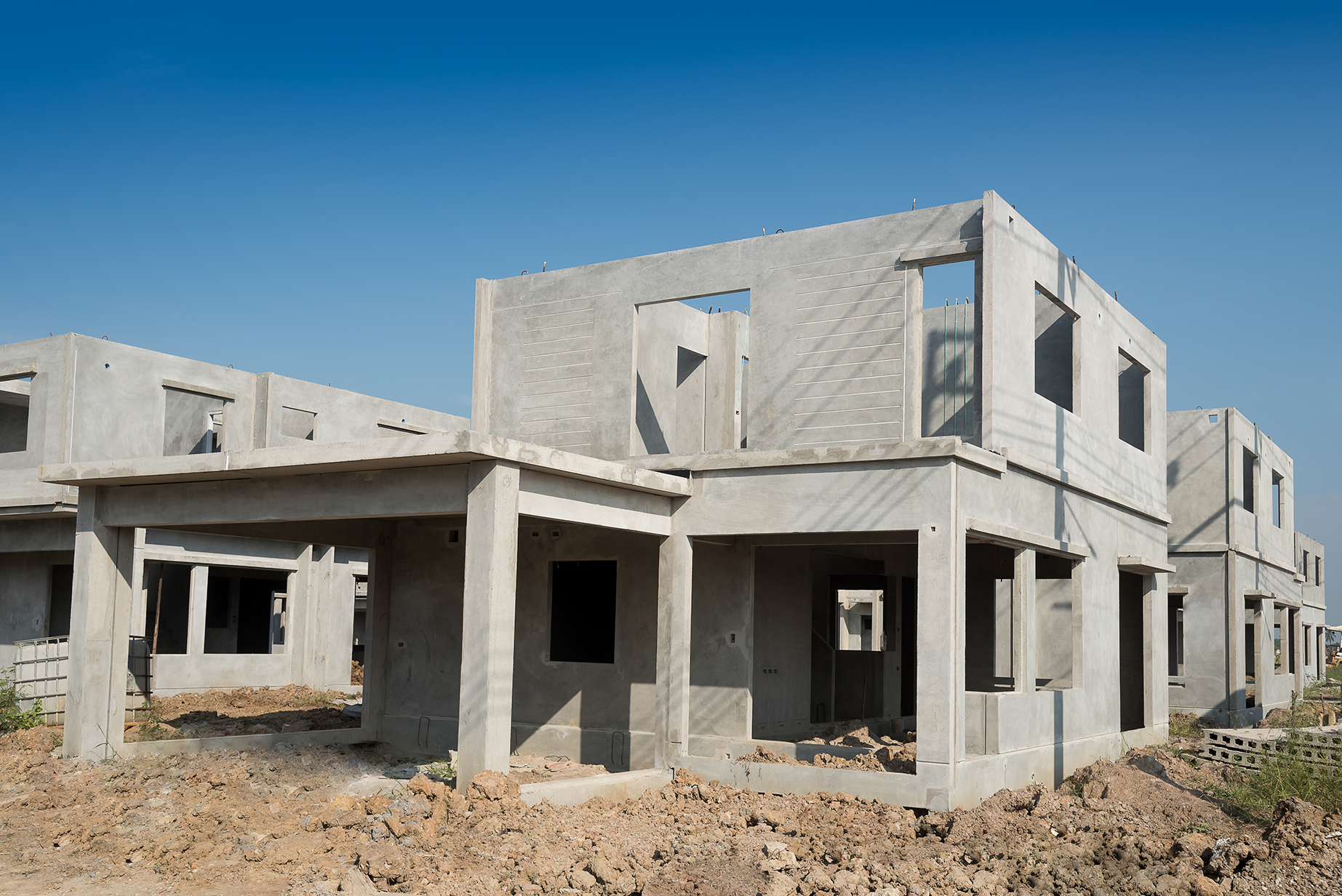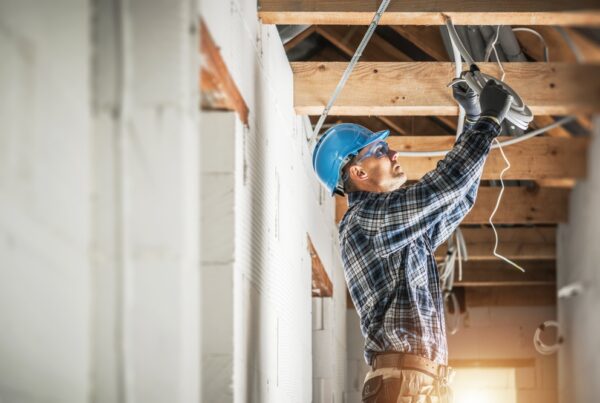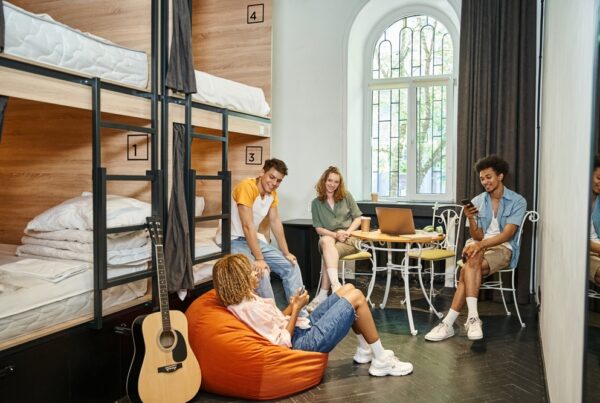Sustainably-built ‘green buildings’ are no longer just a trend, but a necessary step in order to support the wellbeing of our communities and our planet.
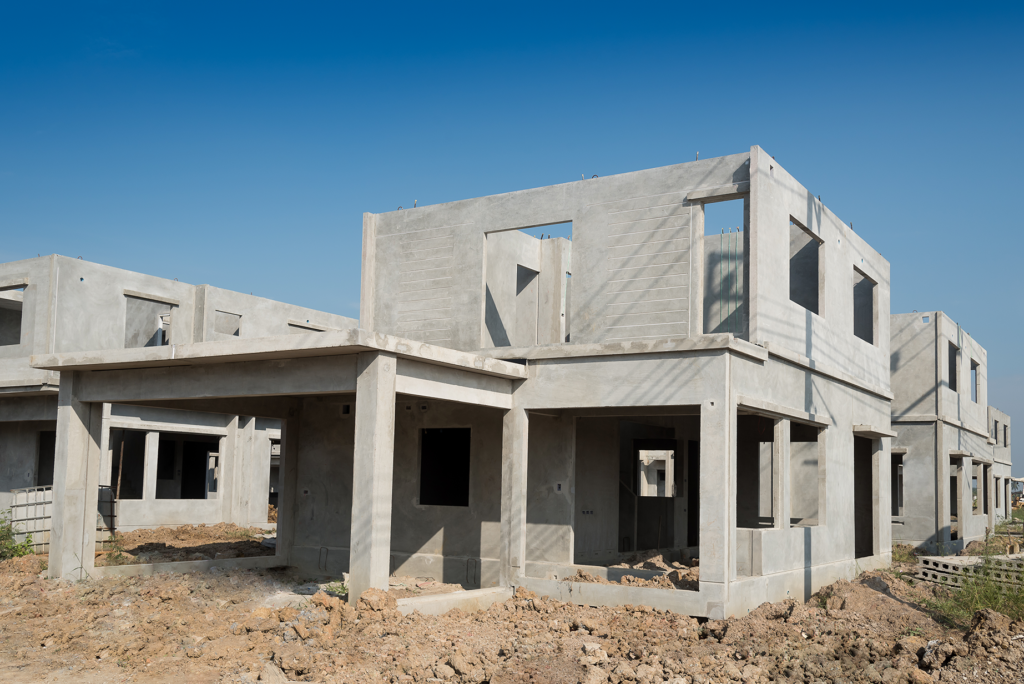
The construction industry is one of the world’s most resource-intensive industries and is responsible for a large portion of greenhouse gas emissions.
The good news is that there are many ways in which builders can reduce their carbon footprint and environmental impact to help create a more sustainable future.
With the right knowledge and technology, we can build homes and commercial buildings that are more energy-efficient and have a smaller environmental impact.
As such, builders need to stay up-to-date with the latest sustainable building practices and materials.
Not only will this help them save money in the long run, but it will also allow them to play a part in preserving our planet for future generations.
Sustainable construction using natural resources
Sustainability in building, design and construction refers to the use of eco-friendly materials and practices that minimise the negative environmental impact of construction projects.
Sustainability can be achieved through several different means, such as using alternative energy sources, recyclable materials, or employing green building techniques.
With total gas emissions in Australia growing rapidly, it has become more important to consider how we can reduce our reliance on fossil fuels and move towards sustainable practices.
Thankfully, there are eco-friendly alternatives that are more resource efficient to traditional construction materials and methods that can help builders reduce their carbon footprint.
For example, decarbonised cement and steel are two new materials with reduced embodied carbon, compared to traditional cement and steel.
Decarbonised cement is made with a reduced amount of clinker, which is the primary source of carbon emissions.
Using materials such as these can help builders meet net-zero targets while still providing the same level of strength and durability in their projects.
Other sustainable building practices include using alternative materials such as bamboo, straw bale or rammed earth construction, which have a lower environmental impact than traditional methods.
In addition to using alternative materials, builders can also employ green building techniques to further reduce the environmental impact of their projects.
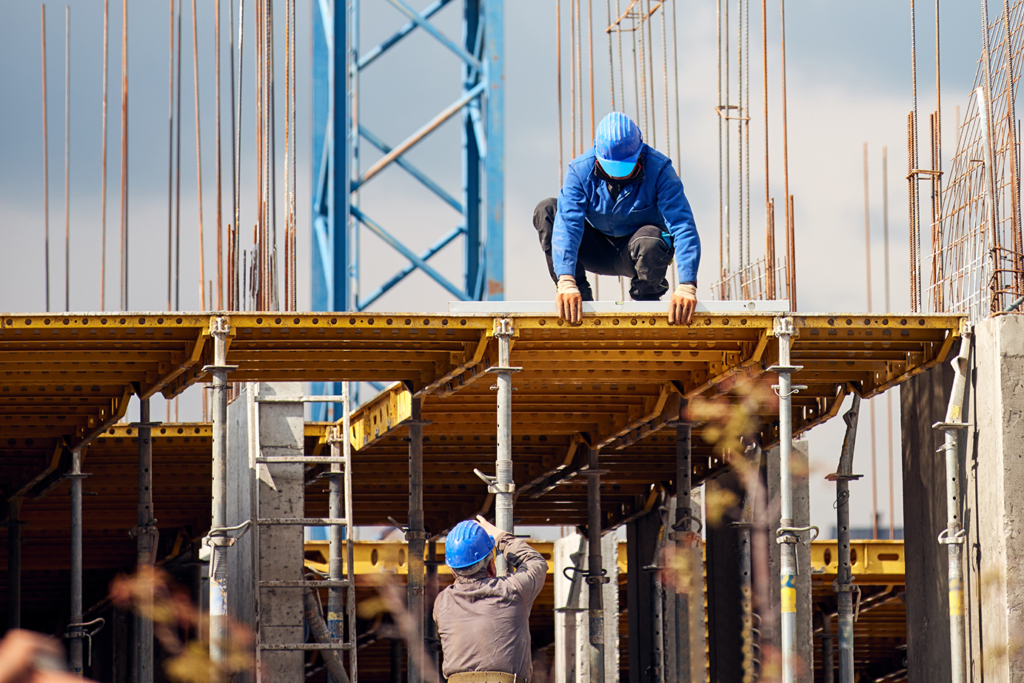
Ways of incorporating sustainable practices in building
There are many ways builders can incorporate more sustainable practices into their building projects.
Green building techniques can go a long way to reducing the environmental impact of each project.
Green building is a construction approach that focuses on creating more energy-efficient and sustainable buildings.
Using strategies and sustainable materials such as solar panels, natural ventilation and rainwater harvesting, builders can create homes and commercial buildings that use less energy and have a smaller environmental impact.
Below are some of the key green building techniques builders can utilise in their projects:
Energy efficiency
There are many design elements in building that can create energy efficiency, such as double-glazed windows, roof ventilation, hot water system location, solar power, roof colour and much more.
Water
Utilising a green-rated hot water system is a fantastic technique to reduce a project’s greenhouse gas emissions. These can be powered by solar energy, electric heat pump or gas.
Landscaping
Utilising a site’s natural environment is a key way to reduce environmental impact. Maintaining existing vegetation or designing landscape environments that use minimal water and require minimal maintenance are good principles to follow.
Sustainable building is the way of the future
Sustainability is everyone’s business, and the take-up of sustainable or green building practices in architecture and building are making the world a better place, one project at a time.
So, what are you waiting for? It’s time to get on board and start building sustainably!
